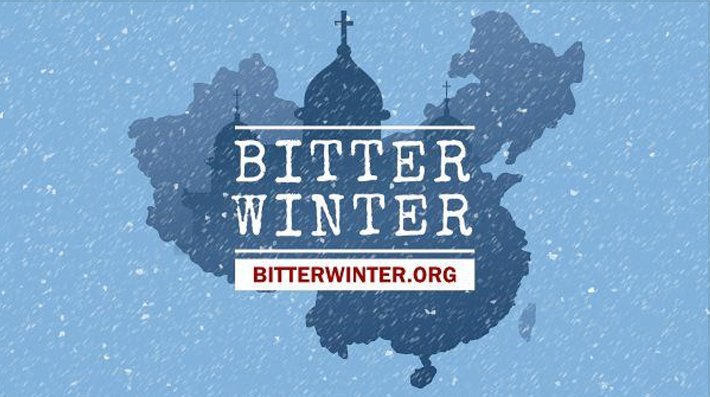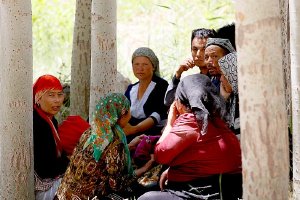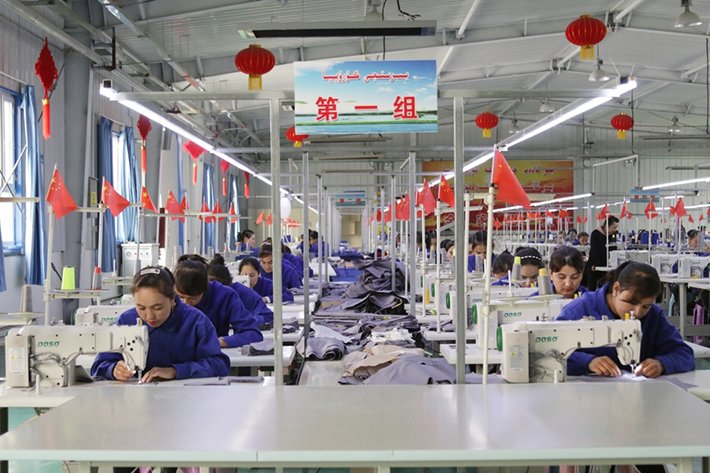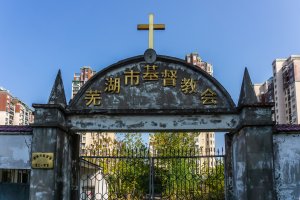When the outside world first came to know about the forcible detention of up to 1.8 million minority Muslims in Chinese concentration camps in Xinjiang province, a handful of organizations that helped expose the atrocities came under media spotlight.

Foremost among them was an online magazine that has relentlessly reported about the persecution of Christian, Buddhist, Muslim and other faith-based communities in China as well as the wanton destruction of their religious property.
Poetically named Bitter Winter and launched in May 2018, the magazine is available in eight languages. It is edited by Massimo Introvigne, a distinguished Italian sociologist who cofounded the Center for Studies on New Religions (CESNUR), a nonprofit international research organization that publishes Bitter Winter from its headquarters in Turin, Italy.
Bitter Winter is “a cooperative enterprise by scholars, human rights activists, and members of religious organizations persecuted in China.” With the help of citizen journalists within the country, the magazine represents “the voice for the voiceless by publishing news, documents and testimonies about persecutions against all religions in China.”>
Bitter Winter has covered it all—from the publication of confidential documents of the Chinese Communist Party (CCP) on religious issues to stories, photographs and videos of destroyed churches, mosques and statues of the Buddha and the suppression of dissident Catholic priests despite a historic 2018 accord between Beijing and the Vatican.
The magazine has a network of several hundred correspondents in every province of China who often write under pseudonyms for their personal safety. They are a particularly valuable source of exclusive photographs and videos that highlight the disabling difficulties of ordinary Chinese in pursuit of religious and human freedoms.
For Bitter Winter, the dangers of disseminating the stories behind those struggles, along with exposés of secret government efforts to curtail or deny millions of China’s citizen’s religious freedom and human rights, are all too apparent. Between August and December 2018, for example, Chinese authorities arrested 45 of the magazine’s journalists and contributors—22 of them working in Xinjiang.
Yet, despite the obvious dangers, Bitter Winter is convinced it’s “walking on the right path,” dispelling some of “the frightening darkness that the CCP is imposing on the vast country,” says Marco Respinti, the magazine’s director-in-charge. “We will never stop, but we must carefully choose our steps.”
From its beginnings, the Church of Scientology has recognized that freedom of religion is a fundamental human right. In a world where conflicts are often traceable to intolerance of others’ religious beliefs and practices, the Church has, for more than 50 years, made the preservation of religious liberty an overriding concern.
The Church publishes this blog to help create a better understanding of the freedom of religion and belief and provide news on religious freedom and issues affecting this freedom around the world.
For more information visit the Scientology website or Scientology Network.


